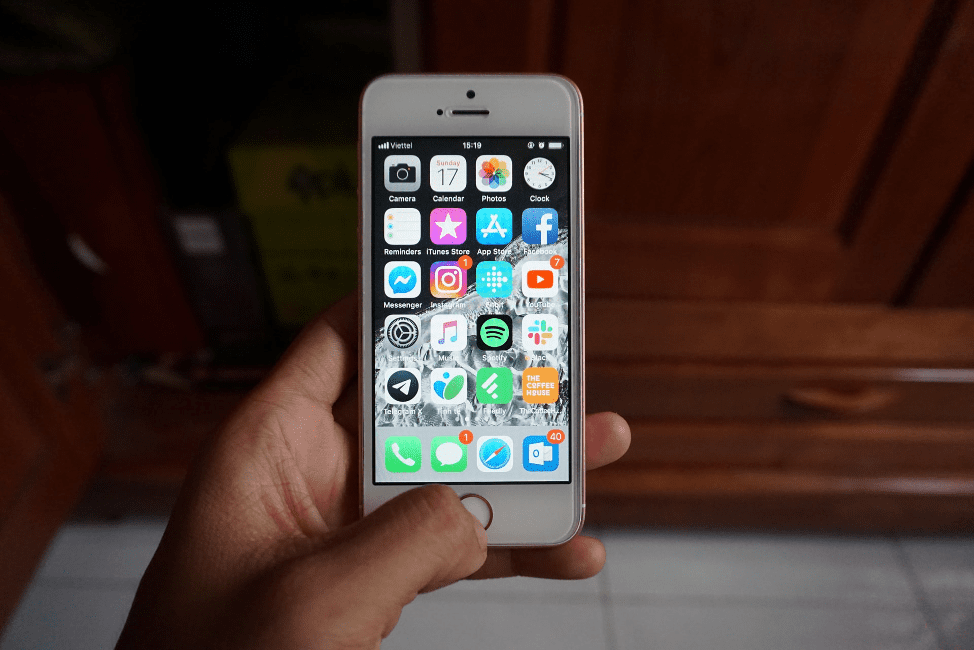We are living in a digital world, a world where technology has taken over our everyday activities. For good or for worse, it is the new norm that we live by. You certainly are familiar with doing a lot of your day-to-activities through your smartphones. Sitting in the comfort of your home, you can order your favorite dish and have it delivered to your doorstep. Similarly, shopping, paying your bills, and virtual meetings do not need your physical presence. Instead, you can browse your smartphone, touch the screen, and get the work done in a blink of an eye.

Andrea / Pexels / Advancement in technology has made our lives easier and more convenient.
While all of these are seemingly simple things done via the power of your smartphone, do you know you can opt for digital therapy as well? Surprising as it may seem, you can browse for therapists online and can get the required care you need. In other words, you do not need to physically meet a therapist for treatment in the traditional way and instead, there are mobile apps that will walk you through the therapy procedure. You will be shocked to know that online therapy is no less effective than a physical session of therapy.
How Mobile Apps Can Help One Cope With Mental Wellness?
There are apps that are designed for mental health and wellness. Some of the common functions of these ‘therapy apps’ include:
- Tracking your current mood and your mood swings.
- Offering you tools for meditation.
- Walking you through the meditation process.
- Matching you with a certified professional therapist.

Andrea / Pexels / Mobile apps designed for therapy can walk you through the entire therapy session and can also connect you with a relevant professional therapist.
It is pertinent to mention here that all these features are a key part of a complete therapy session. However, the most significant among them is the last one: Tracking your mental condition and connecting you with a relevant certified therapist. This function can allow you to chat with your therapist and decide the later steps that need to be taken. This means that if you want to schedule a checkup with them, you can do just that, or if you want to go through the entire therapy session with the certified professional online, that service is available too.
The COVID-19 Pandemic Doubled the Need for Digital Therapy

Andrea / Pexels / Given the restriction of the coronavirus, both patients and therapists preferred online therapy sessions over face-to-face.
Although the concept of digital therapy has been around for a decades now, nobody has seemingly been interested in it until recently. Hpwever, with the COVID-19 breakout and its ensuing restrictions, people from all walks of life leaned toward digital therapy. It turned out to be a convenient, easy, and effective approach for both the patients as well as the professionals.
Thus, digital therapy is highly recommended for those who have a mild mental illness. Similarly, it works best for those who have minor daily-life stress and anxiety such as marital anxiety, or work stress. It goes without mentioning that those among us who have severe mental illnesses - or have suicidal thoughts - are not suggested to opt for digital therapy. Instead, they should physically seek for a therapist and conduct a face-to-face therapy session.







